lower case
lower case is Bella’s book club, where we’ll highlight events, new releases, publish short reviews and recommendations for works across all genres. Our focus is on small and micro press, radical publishers, and events from independent bookshops. Readers & bookshop events suggestions welcome.
First up, in a case you could mark under A for Awkward, Richard Flanagan, the Australian author of the novel Question 7 has won the Baillie Gifford prize for non-fiction – only to tell the sponsors in his acceptance speech that he’d only accept his fifty grand prize money when the fund manager shares a plan to reduce its investment in fossil fuel extraction and increase investments in renewables. Performative eh! If people who moaned about Fossil Free Books thought this was going away, they’re wrong. We covered it when it all kicked-off HERE.
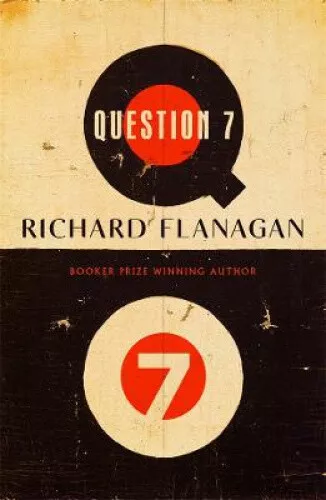

Tomorrow Edinburgh’s Radical Bookfair kicks off at Assembly Roxy (21-24 November). The annual fair is organised by Lighthouse Books (formerly Word Power). Lighthouse tells us: “The theme for this year’s fair will be From Where We Stand. With a nod to the thirty years of a radical bookshop existing on West Nicolson Street, we’ll be celebrating the way histories of resistance, protest and change-making live on in every step we take toward a more just future.”
Full programme to download HERE.
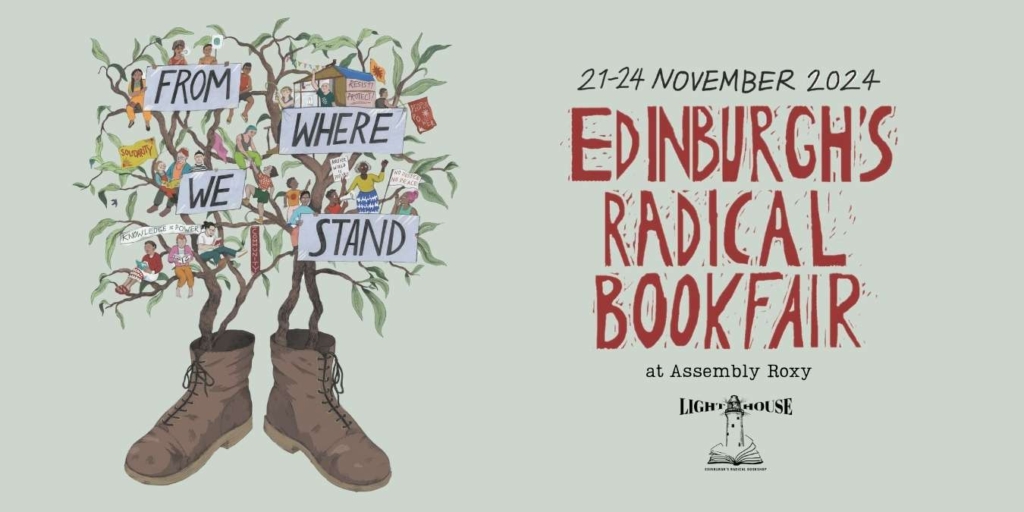

Image by Lindsay Grime
La Belle Adventure, a bookshop dedicated to French and European comics/graphic novels has opened in Edinburgh at the foot of Leith Walk. Follow them on Instagram here. At the other end of the Walk is Typewronger Books – a bookshop, events space, and risograph print studio. Typewronger sells new books, indie publications and zines to fund various creative projects including their free events program, workshops Writer’s Residency program. Worth a visit.
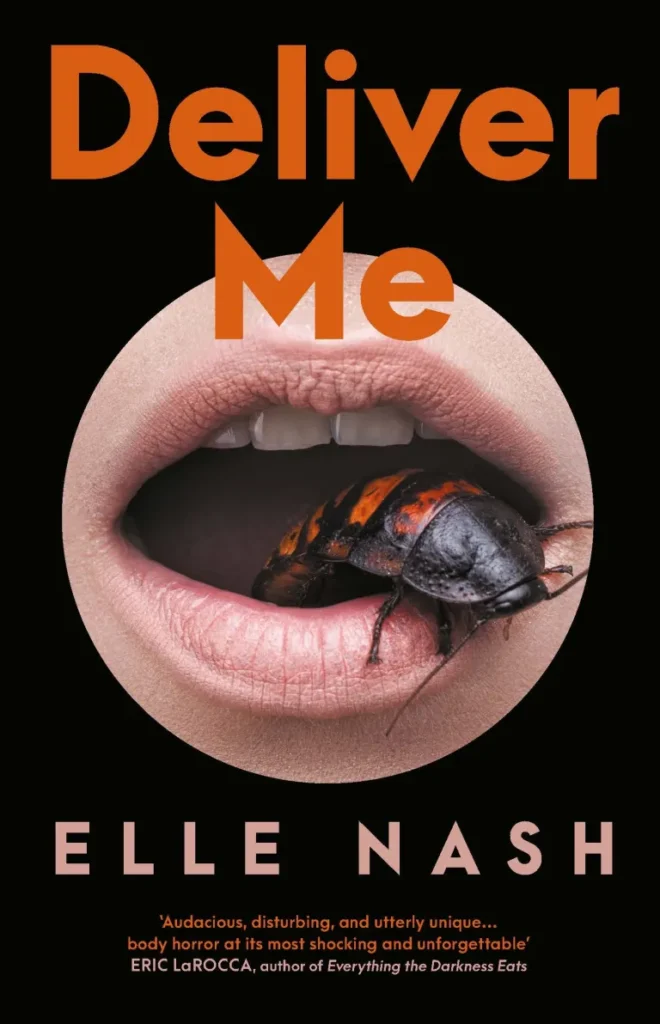

“In Deliver Me, Nash has produced a singular, devastating, uncompromising masterpiece. Very rarely do you come across a novel so committed to apprehending the reader, making them accountable, forcing them to bear full witness to the horrors of a community in collapse. Here, the rollback of reproductive rights and mental health support is dangerously coupled with a return to right-wing conceptions of motherhood and gendered social duties.
If this sounds familiar, it’s because Deliver Me’s eclectic brew of body horror, brutality and erotic dread is no sourceless bump-in-the-night. The true horror of this novel is the slow, brittle panic that arrives on you, as you realise the gap between your own life and the world of Nash’s writing is as thin as an insect’s wing.”
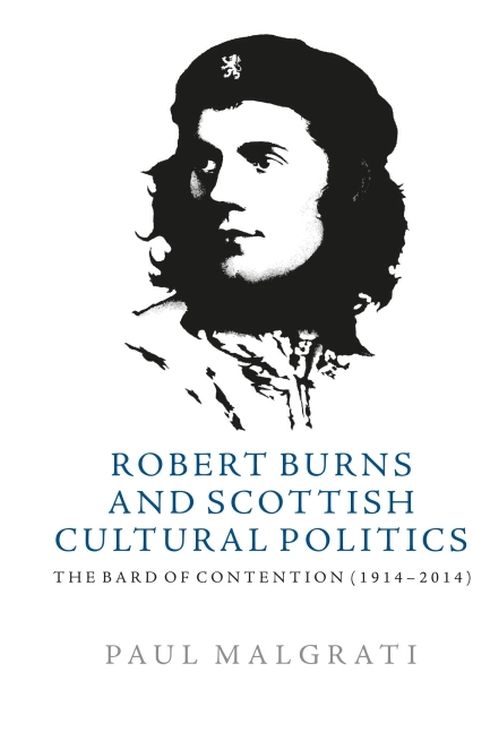

The Commune Form by Kirstin Ross (Verso Books) £10.99 (paperback + free Ebook).
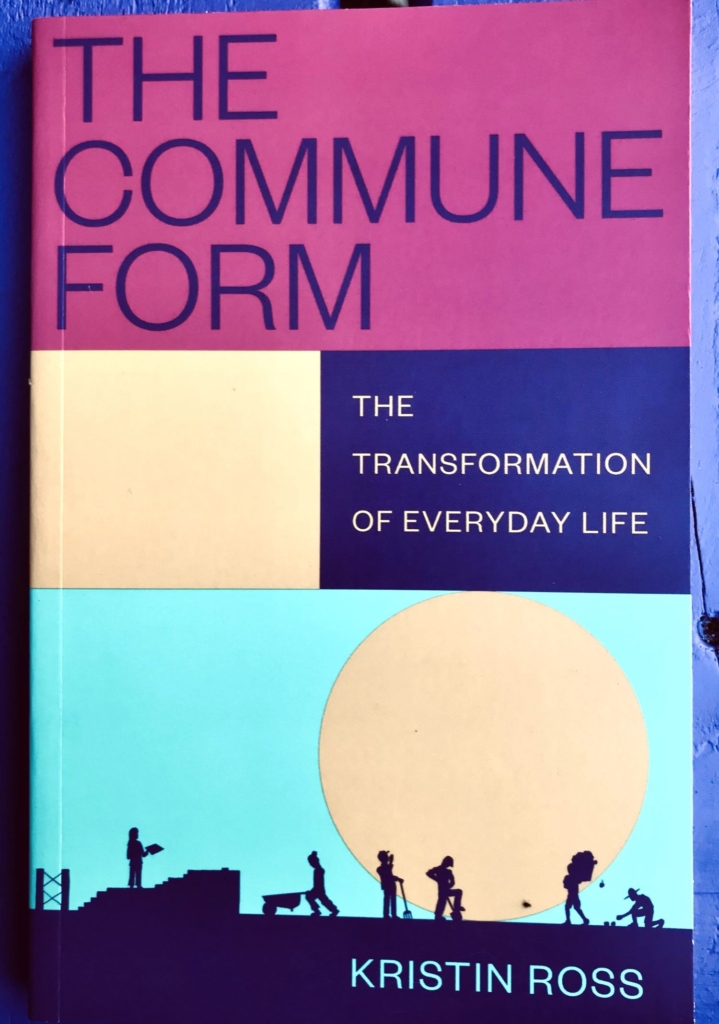

A leading radical historian looks at the global resurgence of the commune and asks how they can become sites of liberation. Absolutely loved this book, highly recommended.
“Continuing a discourse on the commons begun with Communal Luxury and developed in the introduction to The Zad and NoTAV, Kristin Ross’ The Commune Form is a most insightful account of the making of a revolutionary process starting from the transformation of everyday life. It is an account that connects past and present, shows the power of the struggle for the defense of the land and its capacity to mobilize diverse social subjects and create new social relations. The Commune Form is also an excursion through the theorization about the construction of communal life from Marx and Kropotkin to Mies and (especially) Lefebvre. Beautifully written, at a time when we often despair of the future, it is powerful, soul-moving affirmation that another world free from the alienation of life in capitalism is not only possible but in the making.”
Going Mainstream by Julia Ebner ISBN: 9781804183786 £10.99
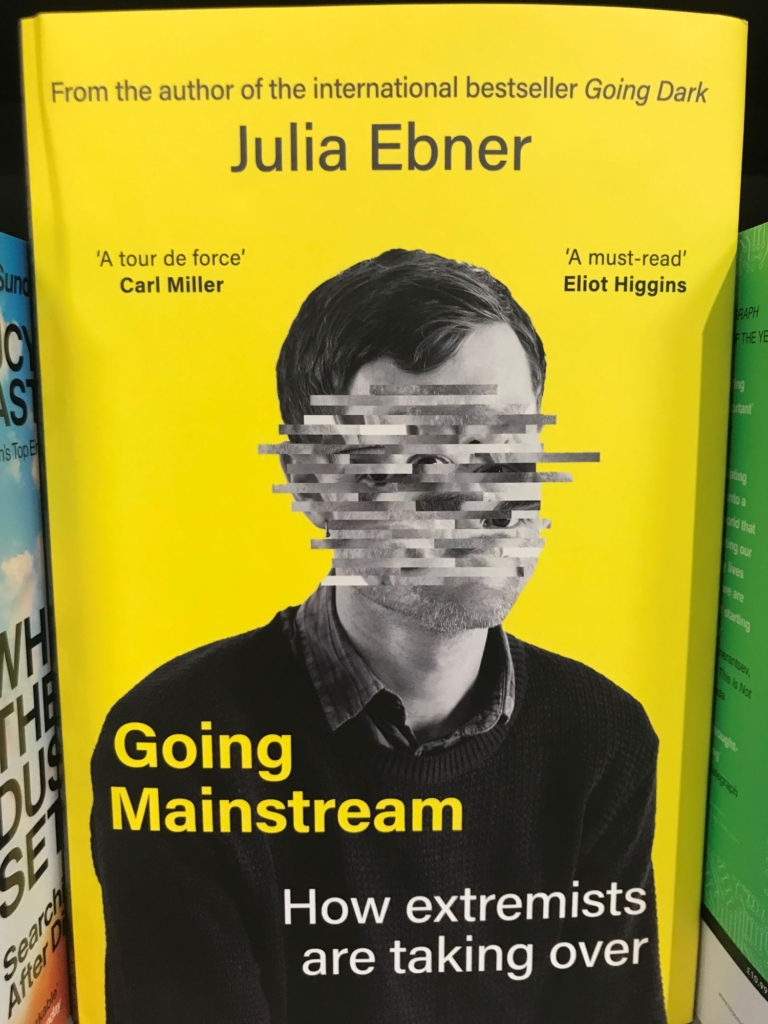

Described as “a dispatch from the darkest front of the culture wars, and a vital wake-up call”.
Incels. Anti Vaxxers. Conspiracy theorists. Neo-Nazis. Once, these groups all belonged on the fringes of the political spectrum.
Today, accelerated by a pandemic, global conflict and rapid technological change, their ideas are becoming more widespread: QAnon proponents run for U.S. Congress, neo-fascists win elections in Europe, and celebrity influencers spread dangerous myths to millions.
Going Mainstream asks the question: What is happening here?
¡No Pasarán!: Antifascist Dispatches from a World in Crisis by Shane Burley (AK Press) £21.00
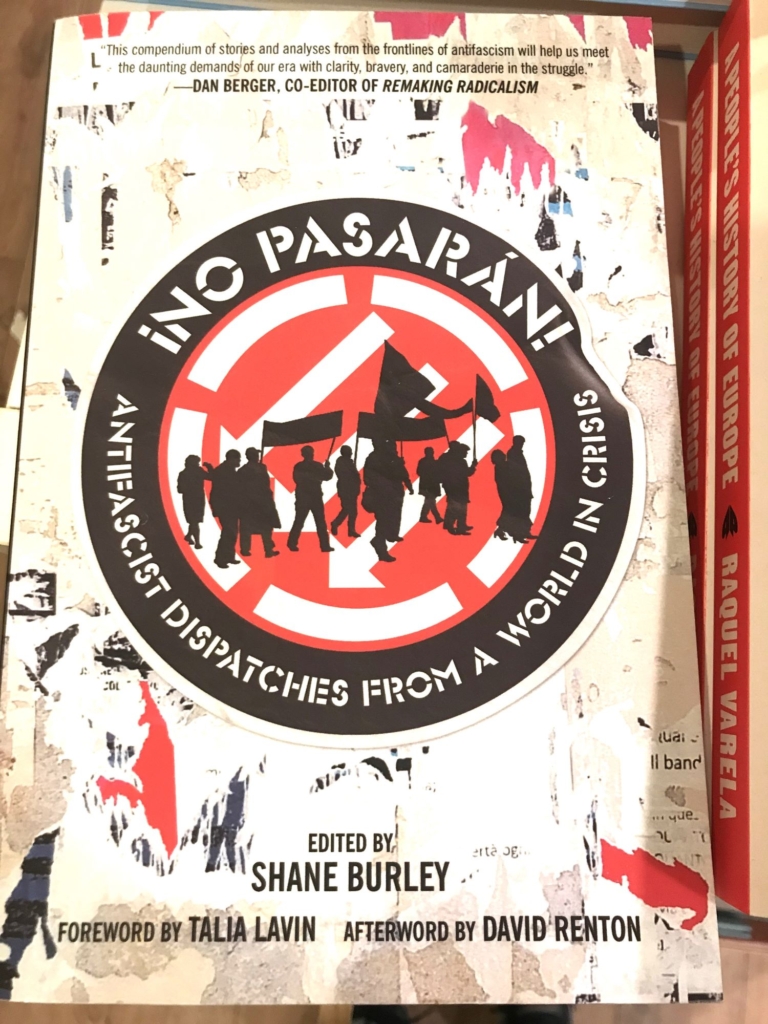

“¡No Pasarán!: Antifascist Dispatches from a World in Crisis is a much-needed collection of essays from some of the most notable anti-fascists writing today. Focusing on how we got here as it pertains to fascism and white supremacy, along with what we can do about it, from a diverse cross-section of people who are directly doing the work, this book is a vital read for activists, journalists, and academics alike. These are political stories, and they are deeply personal stories, humanizing ‘antifa’: while also detailing, with plenty of citations, why they—we—are absolutely necessary. Most importantly, these essays don’t just highlight the social problems; they empower the reader to step up with their local community to solve them.”
—Kitty Stryker, editor of Ask: Building Consent Culture
Shattered Nation by Danny Dorling (Verso) £10.99 (paperback and free Ebook)
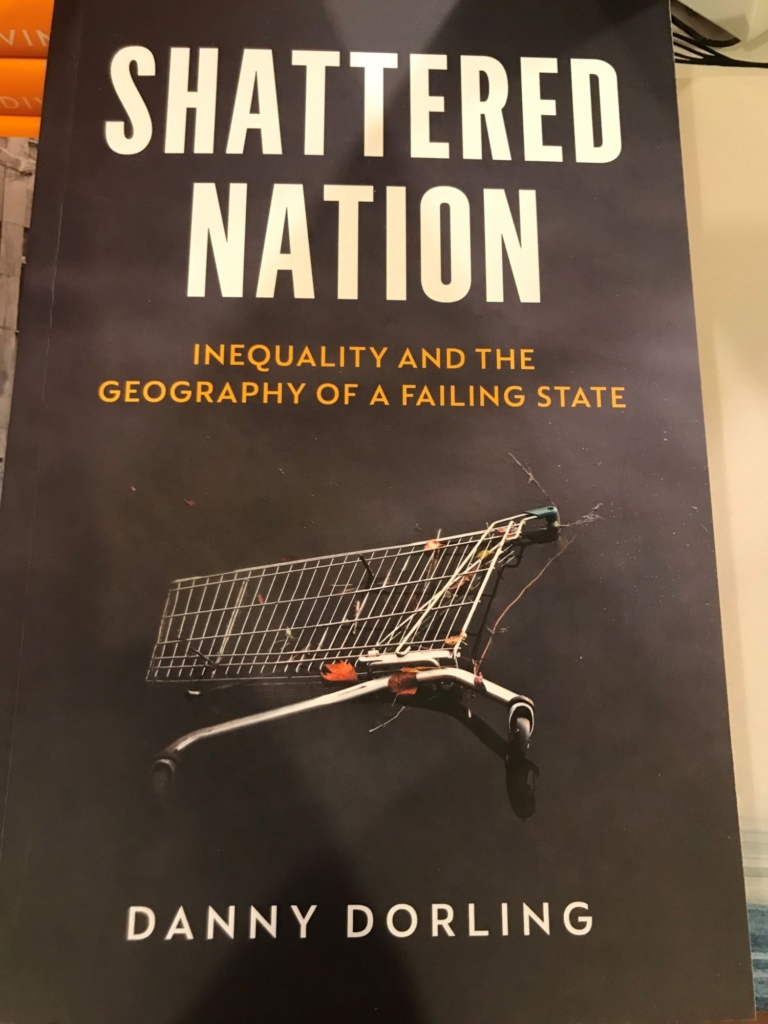

In his new book Danny Dorling exposes a new geography of inequality and social fissures across the country. Here’s a short extract from Huck magazine (read the full article here):
“The key ramifications of the shattering of the UK are threefold. First, we are growing spatially and socially further apart from each other. Second, the five giants of poverty first identified in the 1940s – want, squalor, idleness, ignorance and disease – are returning in new forms. Third, we have growing internal political divisions. These spreading cracks in the social structure are all classic signs of a failing state.
When a state begins to fail, attempts are made to suggest that claims of its shattering are exaggerations. Typically, a list of apparent problems faced by other countries will be produced whenever their people are said to be doing better than the British: ‘What about suicide rates in Finland?’, ‘What about Germany’s reliance on Russian gas?’, ‘What about the rise in “populism” in the US, Brazil, Hungary, Turkey and Russia?’ This response is so common that it now has its own label: ‘whataboutery’, which itself dates back to responses to the Troubles in the shattered province of Northern Ireland in the 1970s
One of the functions of whataboutery is to paper over the cracks by diversion and subterfuge. It draws people’s attention away from what they should be looking at by attempting to make false comparisons or confusing the terms of reference. In June 2021 it was revealed that ‘British diplomats [are] being told to change the way they speak about the UK, referring to it as “one country rather than the four nations of the UK”’.
In fact, hardly anyone tries to present the UK as a single nation, but the decision by the government to refer to it as such is another illustration of an attempt to paper over the expanding cracks. The United Kingdom is nothing of the sort. It is actually becoming increasingly disunited.
When London-based Conservatives mention ‘this nation’, for them there is only one. At the very least, it encompasses all of Great Britain and Northern Ireland as a sacred indivisible whole. For some of them, Gibraltar (whose residents were allowed to vote in the Brexit referendum), the Falklands and a myriad of other rocks and islands dotted around the world are also part of their imagined British nation. One idea of a nation is of a place or a people worth fighting for. The few shattered remains of a once vast empire are clutched close to the hearts of a particular group of people who would happily send others to fight to defend every remaining offshore holding.
In a shattered state the invisible walls separating areas grow ever higher. But those walls remain mostly invisible because we are repeatedly told that they don’t really exist, and that there is opportunity for everyone out there. Lip service is paid to levelling up, even as most people are being beaten down. A peculiar map emerges as a result, a geography of places with decaying fortunes encroaching on the enclaves of success.
Those enclaves are found in the more affluent streets of London, but also in the country retreats concentrated mostly within rural parts of Oxfordshire and Gloucestershire, and in pockets close to the roundabout I grew up beside. The few people who have done well for themselves increasingly occupy the enclaves. In my childhood the better-off were more evenly spread out geographically. However, no enclave of affluence is now very far from other places that are going bankrupt.
In May 2022, a stone’s throw from Eton College, the borough of Slough was ordered to sell off all its assets in the wake of being forced to declare bankruptcy over outstanding debts of
£760 million. These assets included the town’s public libraries, all of its children’s centres, its community hubs and what remained of its council housing stock.
The story received very little media coverage. This had already happened in so many other places. By September 2023 the list of places going bust had even extended to the UK’s largest local authority, Birmingham. It was also becoming clear that the same fate was about to befall more and more local authorities facing escalating fuel bills and eviscerated by decades of central-government policy designed to privatise public goods and services. Most secondary schools had been transferred out of local authority ownership long ago, and most primaries more recently. At least they could not be sold off, but they would now have to face the coming storm on their own.”
To send suggestions or mini-reviews write to us HERE.

The french word for “Adventure” is AVENTURE!!!! Can they get the signwriter back to correct the spelling???
there are way too many bks aboot in my opinion, what do bks do other than gather dust making breathing mair difficult or sit in vast numbers within huises of folk & require aboot 18 trips by the clearance wagon phin the unfortunate sod pops his or her clogs
Nae books. Got it.
lol, I have too many & no ye can’t hav ony